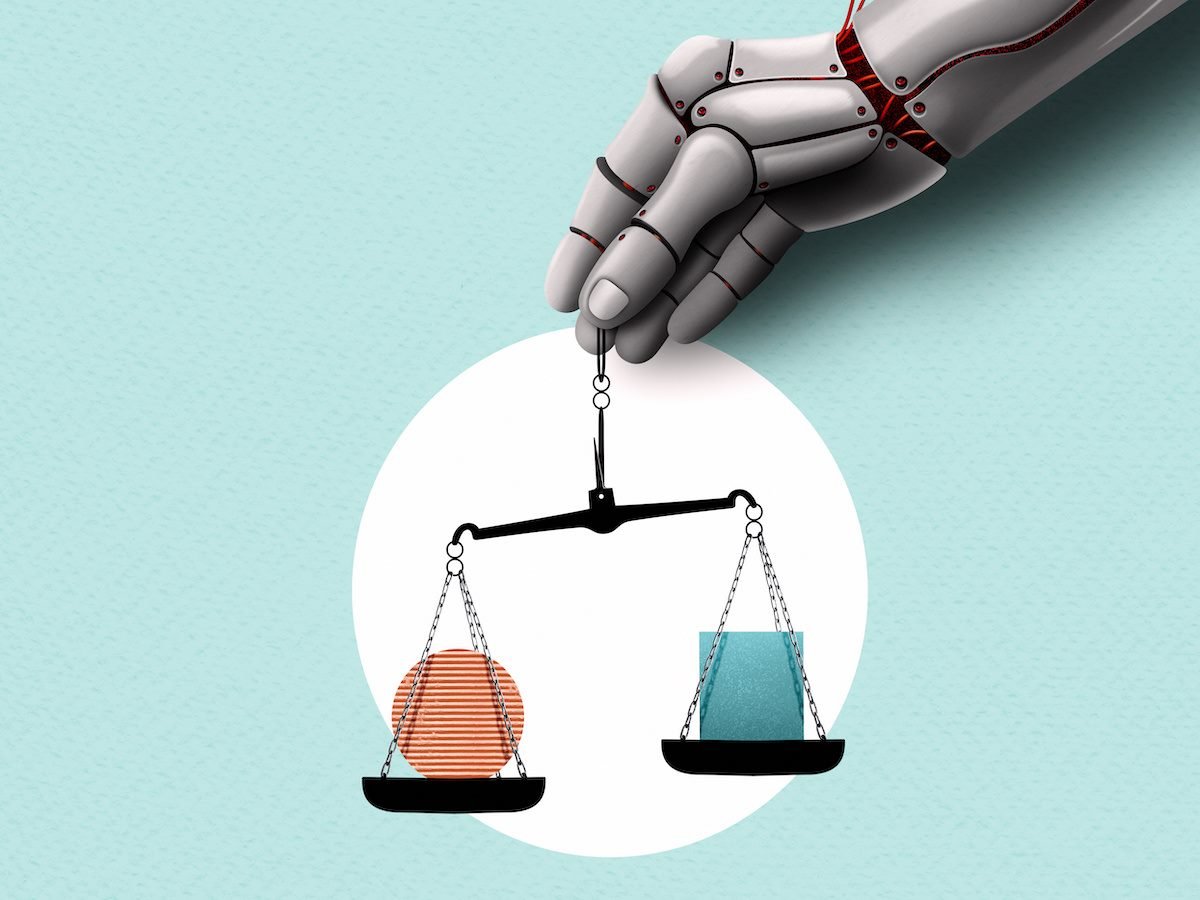“Is Your Independence Hiding a Deeper Truth? Uncover the 8 Surprising Signs It Might Be a Trauma Response!”
Ever found yourself saying “No, I’ve got this!” when a friend offers help, even while the weight of a thousand tasks is pressing down on your shoulders? Yeah, me too! It’s a peculiar dance we do with independence, isn’t it? I used to think I was just being self-sufficient, but what I really uncovered was a fear of exposing my vulnerabilities. This article dives into those subtle—but oh-so-important—signs that your fierce independence might actually be rooted in old wounds rather than a pure desire for self-reliance. So, if you’ve ever wondered if your tough exterior is more of a protective shell than a badge of honor, stick around. You might discover that letting people in isn’t weakness at all, but a courageous step toward genuine connections and healing. Curious? Let’s explore this journey together! LEARN MORE.

I still remember the day a friend offered to help me set up for an event I was hosting. My immediate response was a polite “No, I’ve got this,” even though I was juggling a million things and clearly needed an extra pair of hands.
Later that evening, I wondered why I was so quick to refuse genuine support. I’d often told myself I was simply “independent”—but then realized I might be sticking to this label because I was too afraid of showing any vulnerability.
If you’ve ever wrestled with similar thoughts, you may relate to the signs below. Sometimes what we call independence is rooted in old hurts and survival strategies rather than a pure desire for self-reliance.
1. You avoid asking for help at all costs
One of the first indicators that your independence might stem from deeper emotional wounds is a relentless insistence on doing everything on your own. It’s more than just a preference—you feel almost anxious about letting anyone else step in.
Even with simple tasks, you catch yourself turning down a helping hand, convinced that accepting help is “inconveniencing” others or revealing a weakness.
Over time, this pattern can create a habit loop, where asking for assistance triggers discomfort instead of relief. According to James Clear, author of Atomic Habits, our routines form when specific cues lead us to behave in certain ways and yield predictable outcomes.
If your early experiences taught you that relying on someone was risky or disappointing, you might have adopted a go-it-alone mindset as your default setting to avoid potential letdowns.
2. You find vulnerability extremely uncomfortable
I grew up hearing that showing emotions was a sign of strength, but actually living that belief was far more challenging. Whenever I thought about opening up—whether it was sharing a past failure or a present fear—I felt a strong sense of unease.
If you, too, notice that any act of vulnerability leaves you feeling exposed or unsafe, there could be more to it than a mere “preference to stay private.”
Brené Brown, in her research on courage and shame, emphasizes that vulnerability is not weakness; it’s often a measure of genuine bravery. Yet if your past experiences conditioned you to believe that revealing too much can lead to hurt or betrayal, your reflex might be to hold your cards close to your chest.
This reluctance doesn’t necessarily reflect a calm and collected personality—it could be your mind’s way of protecting old wounds from being reopened.
3. You pride yourself on never needing emotional support
Have you ever stopped in the middle of a crisis and thought, “I don’t need to talk to anyone; I can handle this myself”? Being proud of your resilience can be healthy.
But if you take that pride to the point where you refuse to lean on others at all, it might be time to question whether you’re defending against the possibility of emotional pain.
I once injured my ankle while trail running and decided to rehab on my own. I told everyone I was fine and “didn’t need sympathy,” but deep down, I felt I had to appear tough. In hindsight, I realized I was shutting people out because admitting I was vulnerable felt too raw.
True strength often involves recognizing that community can help us heal faster, but a trauma-rooted independence will insist on isolation—even when it’s detrimental to your recovery, whether that’s physical or emotional.
4. You equate needing others with weakness
It’s easy to talk about collaboration in a work setting—brainstorming with colleagues, bouncing ideas around, and delegating tasks. But in personal life, do you secretly see that same collaboration as a sign you can’t function alone?
If you catch yourself thinking, “I should be able to do this without anyone’s help,” it might be a leftover belief from situations where leaning on someone led to hurt, abandonment, or dismissal.













